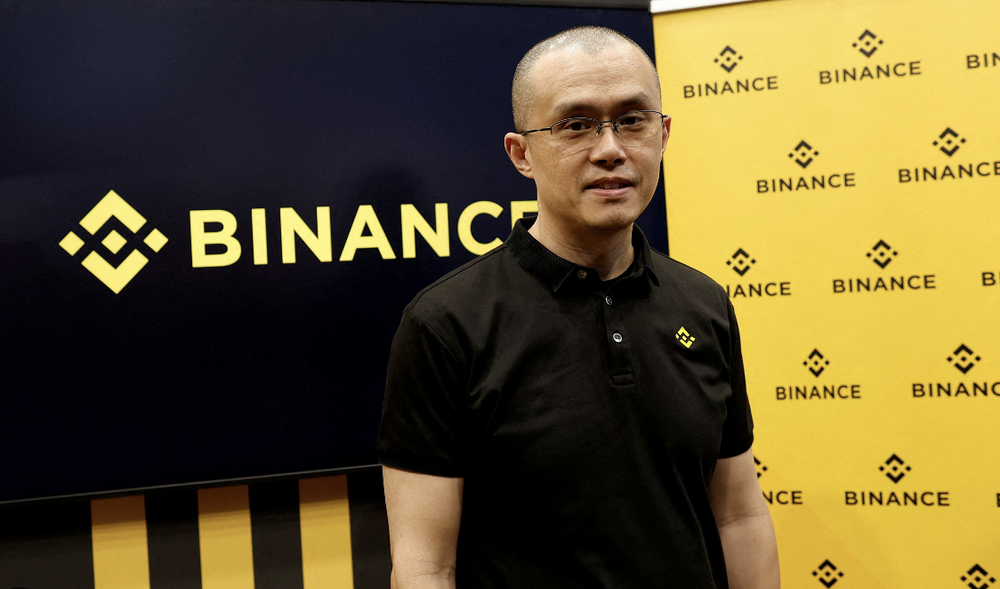Central Bank's deployment of key tasks in 2020: introduction of a series of financial technology regulatory rules such as blockchain
Source: People's Bank of China
Editor's Note: The original title was "People's Bank Fintech Committee Holds Meeting to Study and Deploy Key Tasks for 2020"
A few days ago, the Financial Technology Committee meeting of the People's Bank of China was held in Beijing. The meeting summarized fintech work in 2019 and studied and deployed key work in 2020. Fan Yifei, member of the People's Bank Party Committee and vice president, presided over the meeting and made a speech.
The meeting held that in 2019, the People's Bank of China earnestly implemented the decision-making and deployment of the Party Central Committee and the State Council, adhered to the principles of "honest innovation, safety and control, inclusive of the people's livelihood, and openness and win-win results". Innovation. Strengthen the top-level design and overall guidance, and issue the FinTech Development Plan (2019-2021). We will improve the basic rules and regulations system for fintech supervision, and strive to create an inclusive and prudent fintech innovation supervision tool. In conjunction with the Development and Reform Commission, the Ministry of Science and Technology, etc., pilot financial technology applications were organized to guide financial institutions to use scientific and technological means to empower finance to improve quality and efficiency. Fintech products will be included in the national unified certification system, and the implementation of standards will be used as a means to strengthen fintech safety and quality management. Continuously optimize the mobile payment ecosystem, and further improve the service level of payment convenience for private enterprises. Actively promote data governance and accelerate the construction of a "digital central bank".
- The fee is too low and the privacy function is missing. The new paper raises two major issues of the Lightning Network
- The next decade of crypto trading
- BTC on-chain data weekly report: the scene is bleak, at the end of the year, the on-chain data is falling, saying goodbye to 2019
The meeting emphasized that in 2020, we must adhere to the "two-handed approach" of development and supervision, and continue to promote the stability of fintech. The first is to track the implementation of development plans, guide financial institutions to accelerate institutional reforms, advance digital transformation, and further bring into play the important role of production factors such as technology and data, help alleviate the problem of financing difficulties for small and micro-enterprises, and enhance the financial service's real economic capabilities. The second is to strengthen the governance of financial data, accelerate the safe sharing of enterprise-related information, promote the effective integration and standardized use of data resources, and enhance the ability of financial services to benefit the people. The third is to strengthen the supervision of fintech, to introduce a series of fintech supervision rules such as personal financial information protection and blockchain, to play the role of standard rules, testing and certification, and to build fintech innovations covering industry supervision, social supervision, association self-discipline, and institutional autonomy. Manage the "four lines of defense." The fourth is to strengthen the building of digital supervision capabilities, improve the multi-layered and systematic financial technology risk governance system, and enhance the level of risk situational awareness, analysis, assessment and early warning and disposal. The fifth is to promote full coverage of financial APP filing, standardize open application program interface management, and improve the level of security application of online financial service channels. Sixth, promote the connection between finance and technology production and use, strengthen the joint research and transformation of key common technologies in the financial industry, enhance the application ability of advanced information technology in the financial industry, and inject innovative vitality and scientific and technological momentum for high-quality financial development.
Responsible comrades of relevant departments and bureaus of the People's Bank of China and directly-owned enterprises and institutions attended the meeting.
We will continue to update Blocking; if you have any questions or suggestions, please contact us!
Was this article helpful?
93 out of 132 found this helpful
Related articles
- Bitfinex CTO: Beyond Congestion Resolution, Lightning Network Applications Broad
- Popular science | 9012 is about to pass, do you understand the blockchain?
- Why have non-homogeneous tokens not yet had a chance to erupt in the crypto world?
- Why is the blockchain industry about to usher in a wave of entrepreneurship?
- On the "chain" real economy, how does Lava do it?
- Bank Blockchain Application and Case Analysis Report: Analysis from Patent Perspective, Screening 7 Application Scenarios
- Annual inventory: the mainstream of the crypto industry in 2019






